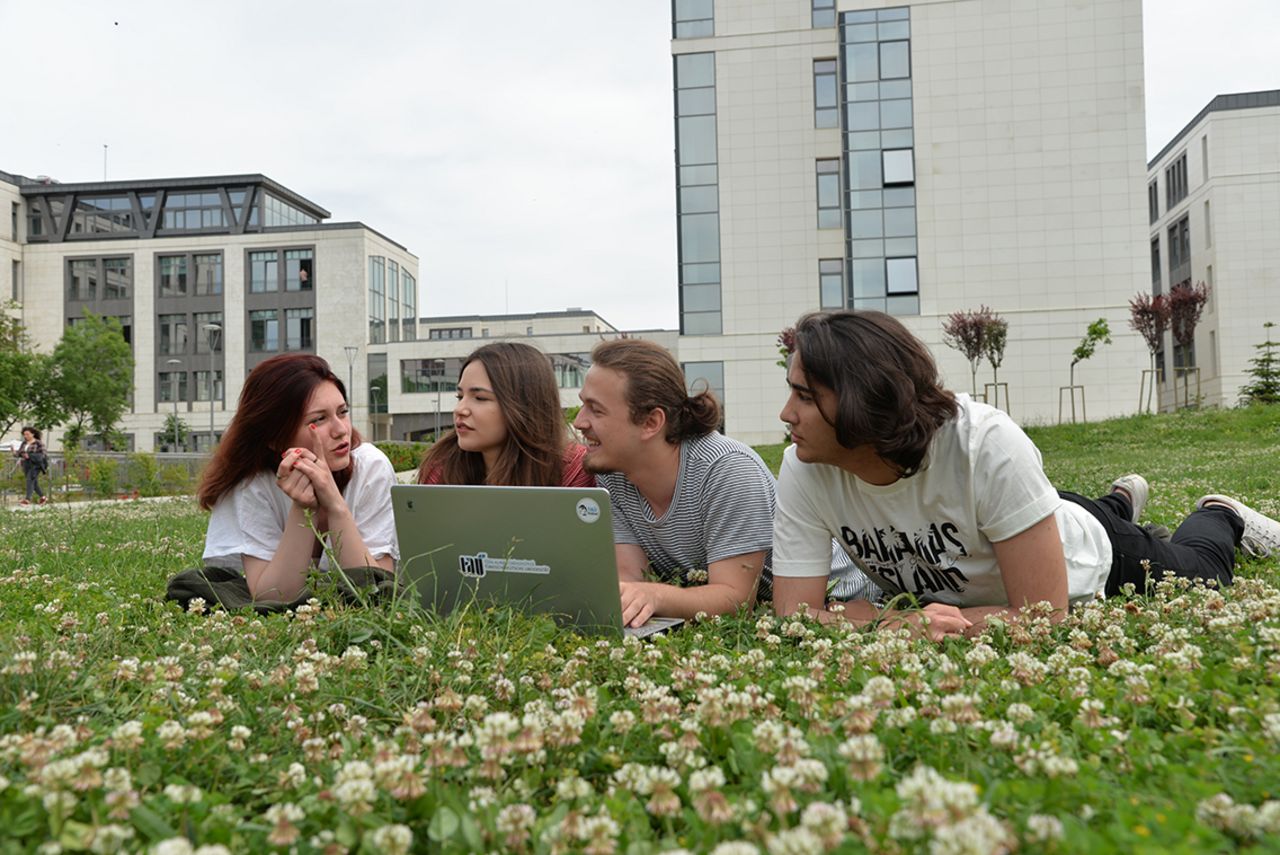Türkisch-Deutsche Universität
Partner University of HSBA
About Türkisch-Deutsche Universität
Are you planning a rewarding semester abroad? The Turkish-German University (TDU) in Istanbul offers the perfect blend of education and intercultural experience. Located at the crossroads of East and West, TDU features innovative programs that combine Turkish and German academic standards to broaden your international perspective.
At TDU, you can gain deep insights into both cultures and acquire valuable dual qualifications. The vibrant campus life and the bustling city of Istanbul provide countless cultural, social, and sports activities that will make your time here unforgettable.
Experience a semester at the Turkish-German University and open the doors to new horizons. In Istanbul, not only top education awaits you but also an unparalleled adventure!
Link to Türkisch-Deutsche Universität website
Link to page for Exchange Students at TDU
Interested in a semester abroad at this institution? Please contact the HSBA International Office at international(at)hsba.de and request access to the "Outgoings" team where you will find relevant information on this destination such as semester dates, course lists, experience reports, the number of places available and more.

